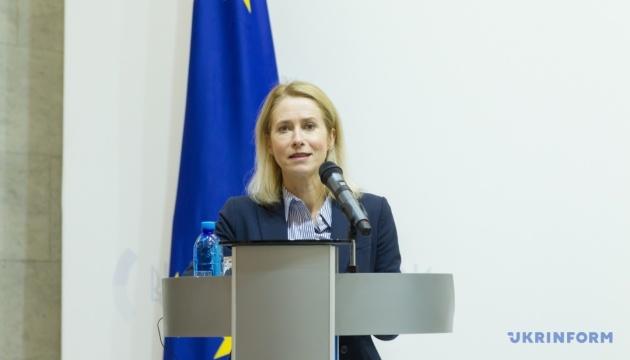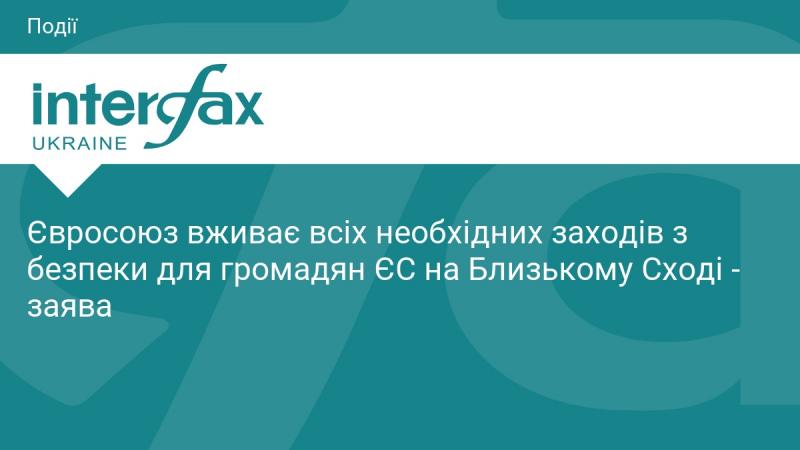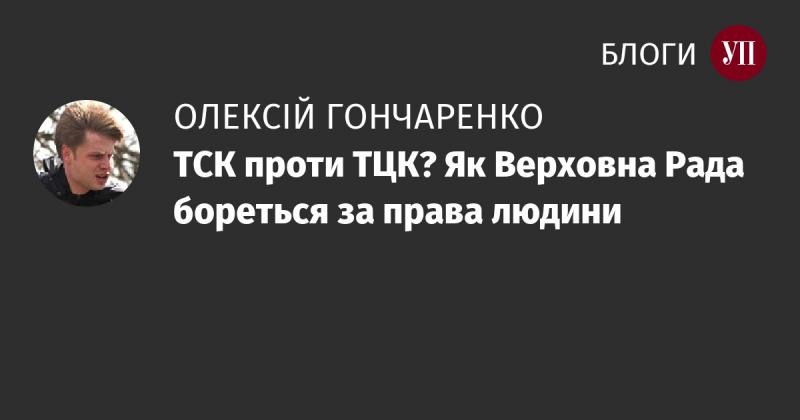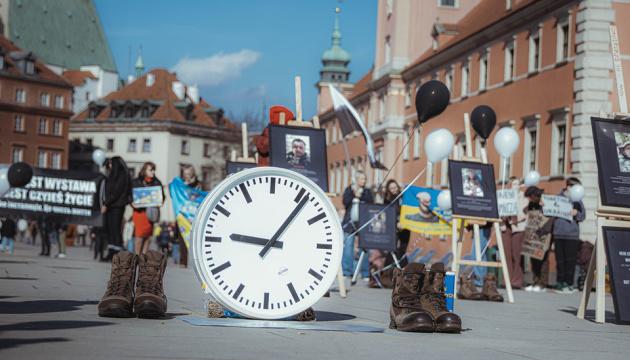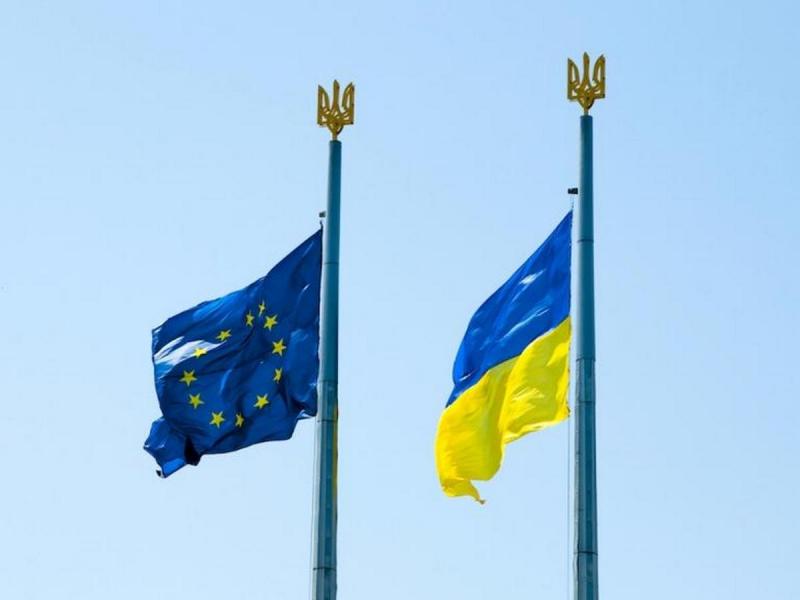Science of Police Law in scientific views of M.Kh. Bunge
In terms of the European integration processes in Ukraine it is an actual issue to study the history of administrative law in the light of its founder - police law which was formed through the efforts of the Western European scholars. Professors of the University of St. Vladimir made a significant impact on the development of the national science of poliсe law as part of Western European legal thought. In particular, Nikolai Khristianovich Bunge is an author of the coursebook in the mentioned branch of law and one of the leaders of the Kiev university science school of police law.
The aim of the publication is to research the views of professor M. Bunge in science of police law in the light of his scientific activity – course book "Police law."
As a scientist of police law Nikolai Khristianovich is almost unexplored by modern scholars. The paper provides the contents of the both Professor’s books on science of police law, the opponents’ references (comments), and the Professor’s responses to those.
The author concludes that M. Bunge was well aware of the incompleteness of his course, thus readdressing his readers to other books and reference lists (indexes). In addition, he realized the lack of the suggested material balance. It should be emphasized that those were the weaknesses of the lecture course outlined by Bunge himself which would then most often draw his critics’ attention.
In the researcher’s view, the science of police law is of dual nature. It “consists of the decisions related to the wellbeing (wellbeing setting laws), and to the safety (well doing laws); the latter being a subject matter for science of police law in the narrow sense (Shtein)”. The main basis for the both parts of a science of police law, i.e. wellbeing setting and well doing, according to him, are essentially different: «wellbeing setting is an applied part of political economy; well doing is a part of the state law related to the order protection and safety of both the public and individuals”. That being said, Mykola Khrystyianovych develops the idea “the decisions of the first, that is of wellbeing setting, are of positive, of the second, i.e. well doing, of mostly negative nature. And yet both parts of police law have lots in common”.
M.Bunge believes that the positive technique should facilitate the resolution of the issues to be addressed by the police law science.
The paper analyses the most interesting references by I.Andreyevskiy, I.Tarasov. and A.Antonovych. We believe that the very those publications provide the whole estimation spectrum of the Professor’s publication. Different, sometimes totally opposite, but mainly modest evaluations by academics followed the first volume of the course.
Thus we could state that the course book of M.Kh. Bunge “Police Law” (Kiev, 1869, 1877) was the first and the most original creation on police law not only at St. Vladimir University, but even in Ukraine of the post reform period. The point is proven not only by the storming reaction of the academic community reflected in rather sharp comments (references), but also by the instant responses of Mykola Khrystyianovych not leaving a slightest chance for a critic to fight back.
The prevailing of positive and historical technique is a distinct feature of his course book. Absolutely positive and timely was the author’s detailed research of those subject components where the economic nature prevails. Despite of the fact that his works mostly deal with economic component, he thought of himself as academic policeist, which quite well reflected the western understanding of the police law science.
M.Kh.Bunge’s “Police Law”course book laid the foundation for new leaders of Kyiv University School of the Police Law. Afinogen Antonovych and Mykola Tsytovych are the ones to follow his ideas and technique developing them with analysis, criticism, and new senses.





